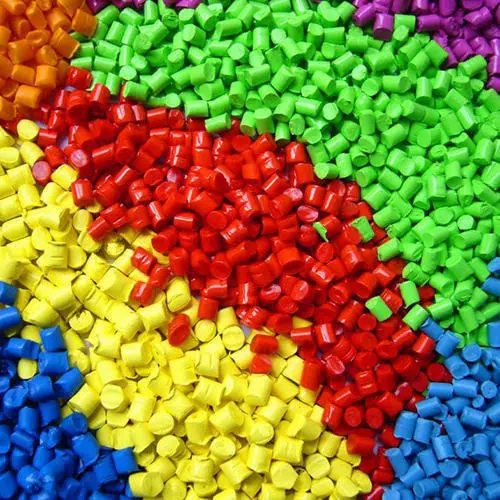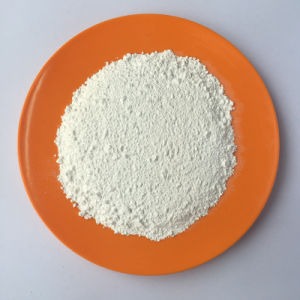Styrene Acrylonitrile (SAN)
|
IUPAC Name |
: Poly(phenylethene-co-prop-2-enenitrile) |
|
Cas Number |
: 9003-54-7 |
|
HS Code |
: 390320 |
|
Formula |
: (C8H8)n- (C3H3N)m |
Basic Information
|
Appearance Name |
: Transparent & glassy |
|
Common Names |
: Styrene-acrylonitrile Copolymer, Styrene-acrylonitrile Resin, Styrene-nitrile |
|
Packaging |
: 25 Kg Bag |



